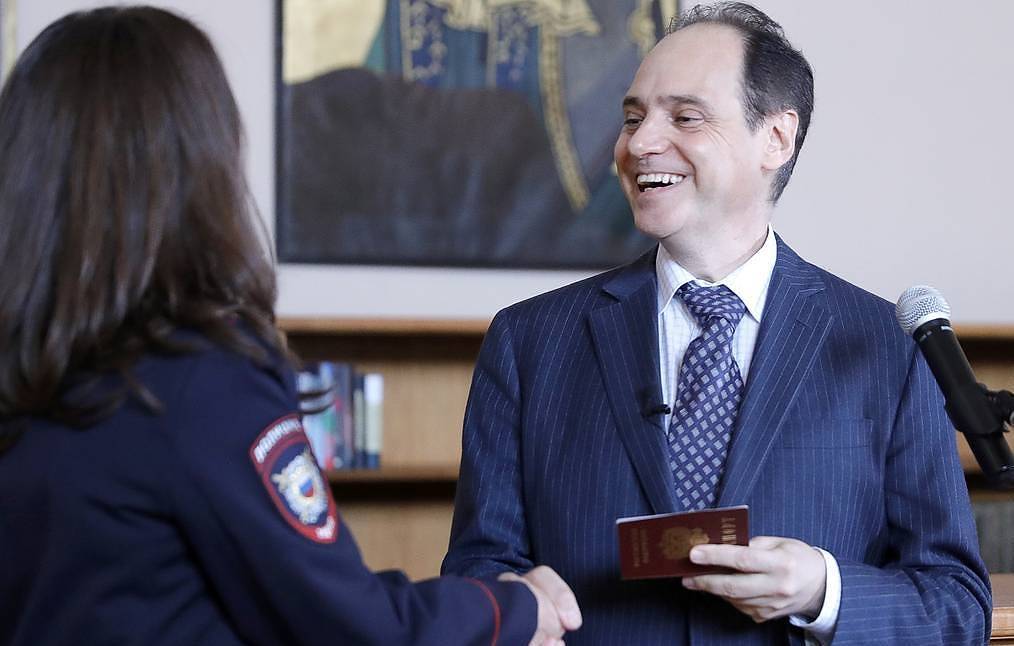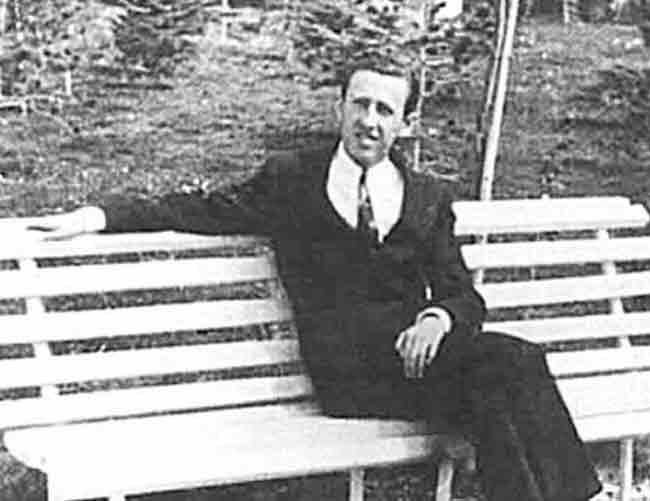We begin the week with a look at the American poet who has been given a Russian passport, the plea against buildings near a poet’s tomb and the second most read poet.
Russian Passport for US Poet

The American poet Julian Henry Lowenfeld, who is one of the best English translators of the works of the poet Alexander Pushkin has been awarded citizenship of Russia. The poet received his Russian passport during a ceremony that took place in the Russian State Historic Museum. Vladimir Medinsky, the Russian Culture Minister was in attendance.
The date of the ceremony was exactly a month after Putin had signed the decree which awarded citizenship to Lowenfeld. It also happens to be almost 220 years since the birth of Pushkin which the minister commented was very fitting as Lowenfeld is the best translator of his poems into English.
Fluent in Russian, French, Italian, German and Spanish Lowenfeld is not only a poet but also a translator, composer and playwright. He is also a qualified trial lawyer.
Plea Filed in Supreme Court Regarding Residential Structures near Poets Tomb

Over the weekend a plea was filed at the Supreme Court in New Delhi. The plea alleges that there are two residential structures near to the tomb of Abdur Rahim Khan-e-Khanan and that they are in breach of conservation rules. The Mughal nobleman was a poet of Hindi-Persian origin and a “Navratan” (a group of nine people, the nine “gems”, who acted as advisors) at the court of Emperor Akbar.
It is claimed by the petitioner that the necessary provisions from the Ancient Monuments and Archaeological Sites and Remains Act, 1958, have not been followed in regard to the two buildings. It claims they are in violation and that there is less than 100 metres between them and the Mausoleum which dates to the 16th century. This would also put them to close to the shrine of Hazrat Nizamuddin the Sufi saint and also the tomb of Humayun, the second Mughal empire emperor.
The lawyer in the case says that the law is very clear on this matter and that no building work should be carried out this close to a protected monument, especially one with an important cultural heritage. He is arguing the plea on a point that may have been misinterpreted, the law as he understands it requires that no building should be placed within 100 meters of the outer perimeter of the tomb and not the building itself which is where the building work has taken place.
Abdur Rahim Khan-e-Khanan lived from 1556 to 1627, he was a general and a statesman who served under both Emperor Akbar and Emperor Jahangir. He is, however, more well known for being a poet who wrote in Persian.
2nd Most Read Poet in the World

According to a multi-lingual poetry platform based in Berlin, the Turkish poet Orhan Veli Kanik, sometimes referred to as Mehmet Ali Sel is the 2nd most-read poet in the world. “Anlatamiyorum” his landmark poem proved to be very popular with readers.
The honour of being the most-read poet in the world went to Hermann Hesse the German Poet for “Stufen”.
These statistics are based on the annual reader figures provided by Lyrikline and are based on the poems that are available at the Annual Berlin poetry festival which was held in June.


You must register to comment. Log in or Register.